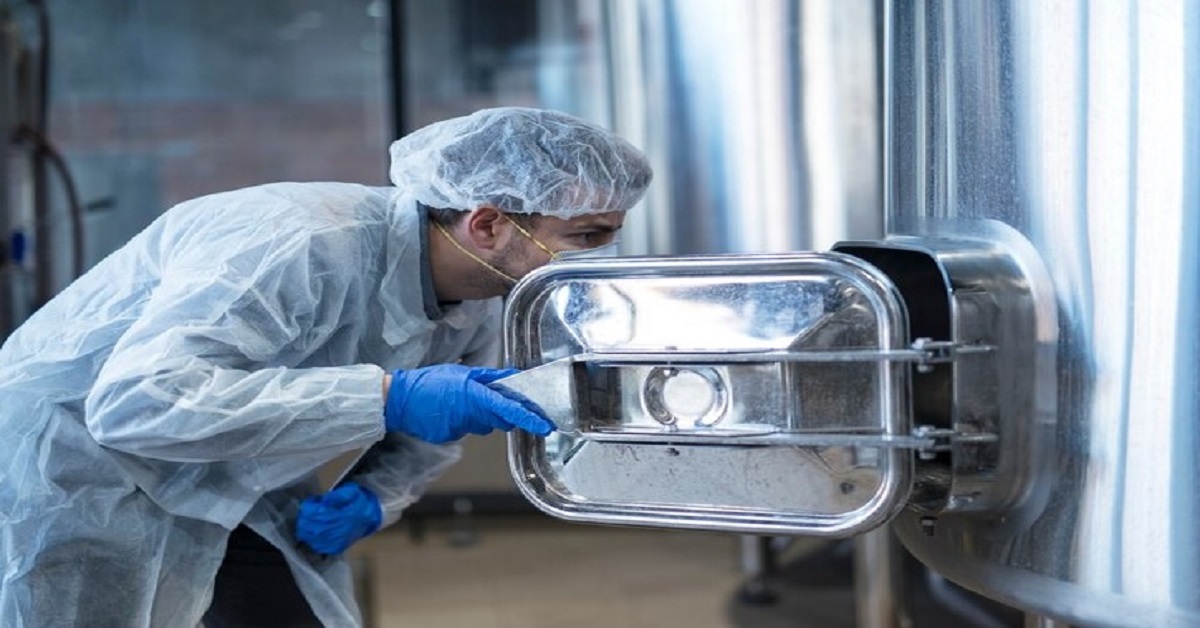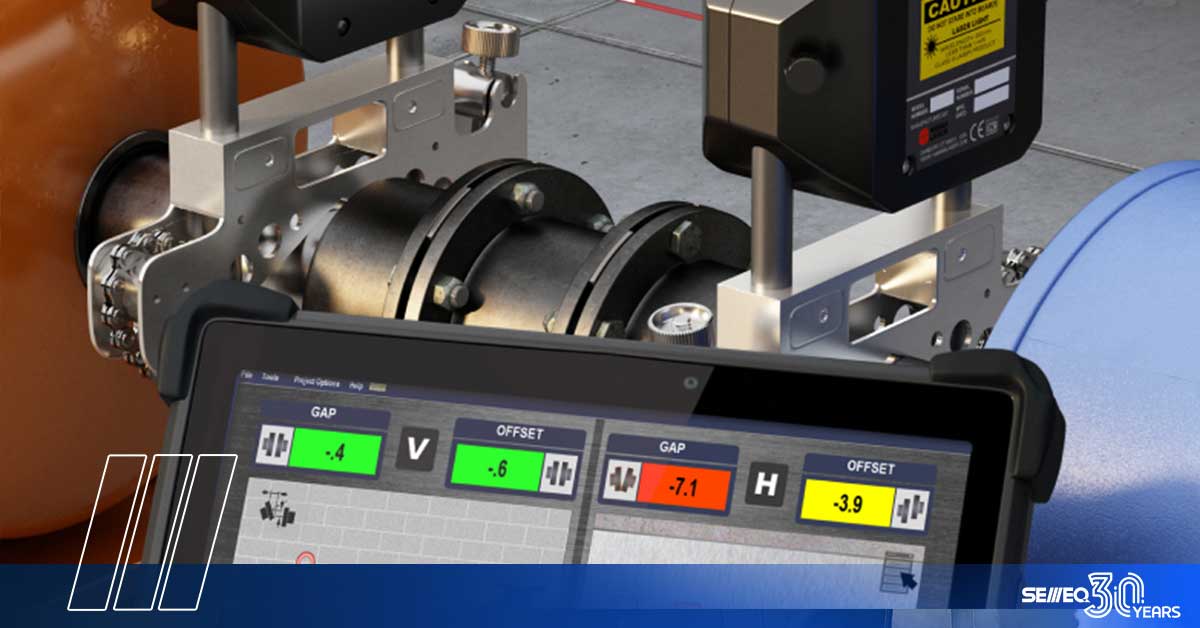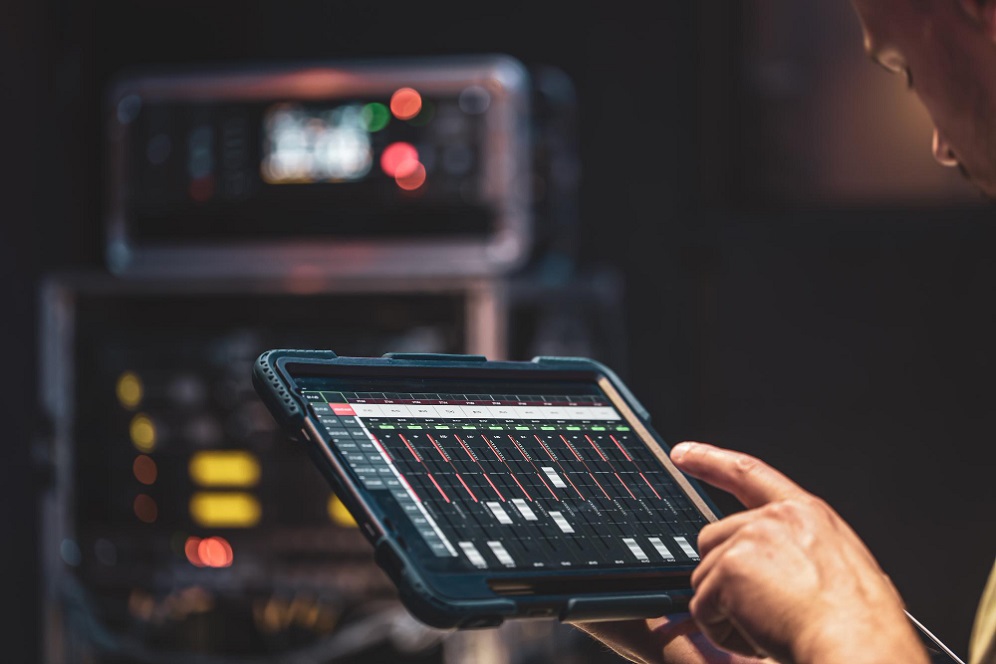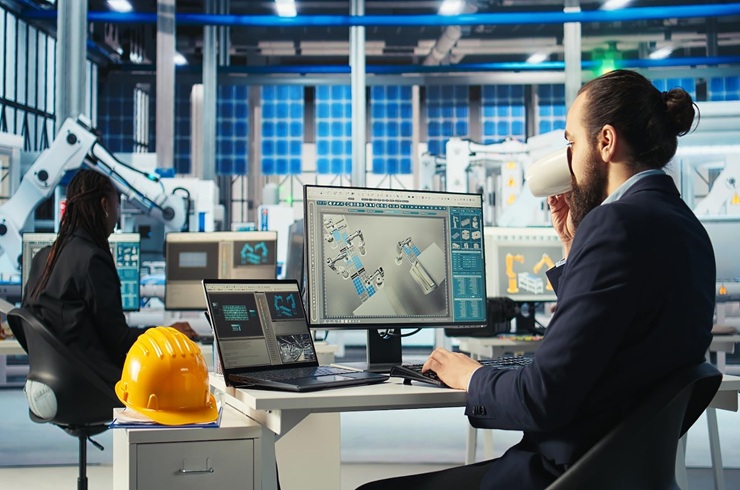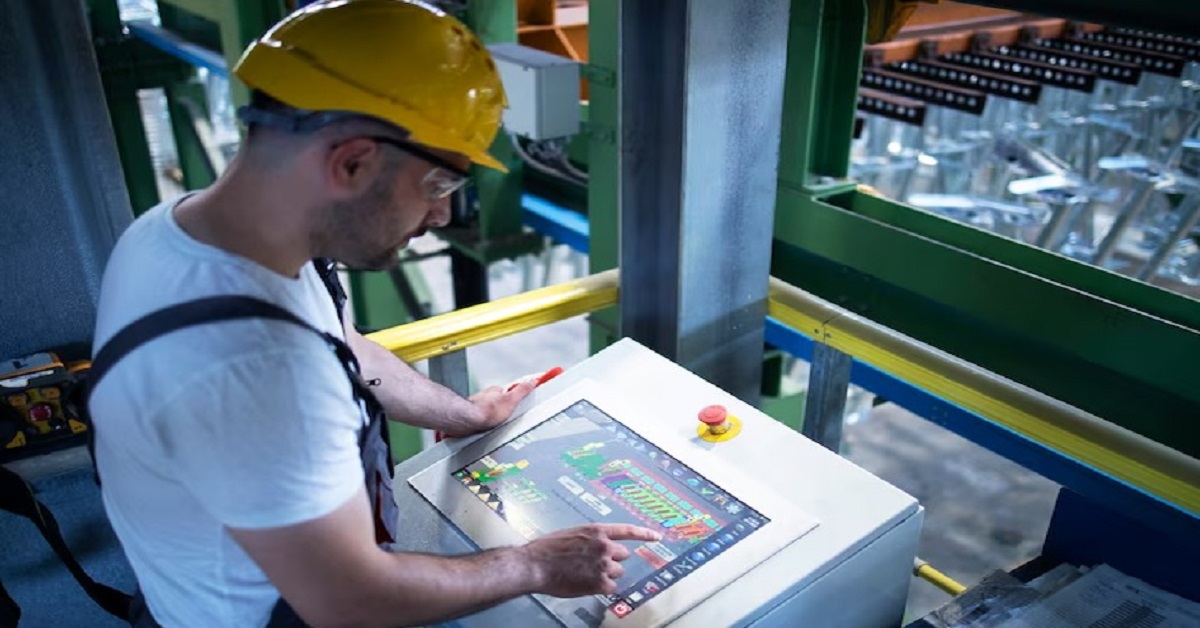In today’s rapidly advancing technological landscape, the need for precise and reliable measurement tools has never been greater. One such tool that has become indispensable in various industries is the high accuracy humidity sensor. These sensors play a crucial role in maintaining optimal conditions in a range of applications, from industrial processes to environmental monitoring.
What is a High Accuracy Humidity Sensor?
A high accuracy humidity sensor is a device designed to measure the moisture content in the air with exceptional precision. Unlike standard humidity sensors, which might have a broader margin of error, high accuracy humidity sensors provide extremely accurate readings, often within a margin of less than ±1% relative humidity (RH). This high level of precision is essential for applications where even minor fluctuations in humidity can have significant consequences.
Why is High Accuracy Important?
The importance of high accuracy in humidity sensors cannot be overstated. In many industries, maintaining specific humidity levels is critical for product quality, safety, and efficiency. For example, in the pharmaceutical industry, precise humidity control is necessary to ensure the stability and efficacy of drugs. Similarly, in semiconductor manufacturing, stringent humidity control is vital to prevent defects and ensure the quality of electronic components.
Furthermore, high accuracy humidity sensors are crucial in environmental monitoring and climate research. Accurate data on humidity levels helps scientists understand weather patterns, predict climate changes, and monitor environmental conditions. In agricultural settings, precise humidity measurements can aid in optimizing irrigation systems and improving crop yields.
Applications of High Accuracy Humidity Sensors
- Healthcare and Pharmaceuticals: High accuracy humidity sensors are essential in hospitals, laboratories, and pharmaceutical manufacturing plants. They help maintain the stringent environmental conditions required for storing and producing medications.
- HVAC Systems: Heating, ventilation, and air conditioning (HVAC) systems rely on accurate humidity sensors to maintain comfortable and healthy indoor environments. These sensors help prevent mold growth, improve air quality, and ensure energy efficiency.
- Museums and Archives: Preserving artifacts and documents requires maintaining stable humidity levels. High accuracy humidity sensors help protect valuable items from damage due to fluctuations in moisture levels.
- Food and Beverage Industry: In food processing and storage, precise humidity control is necessary to prevent spoilage and maintain product quality. High accuracy humidity sensors are used to monitor and control humidity levels in production facilities and storage areas.
- Environmental Monitoring: High accuracy humidity sensors are used in weather stations, climate research facilities, and environmental monitoring stations to collect data on atmospheric conditions. This information is critical for studying climate change and predicting weather patterns.
Conclusion
The high accuracy humidity sensor is an indispensable tool across various industries, providing reliable and precise measurements that help maintain optimal conditions and ensure the quality and safety of products and environments. As technology continues to advance, the demand for high accuracy humidity sensors is likely to grow, driven by the need for precise environmental control in an increasingly data-driven world. By understanding the importance and applications of these sensors, businesses and researchers can better leverage their capabilities to achieve their goals.
